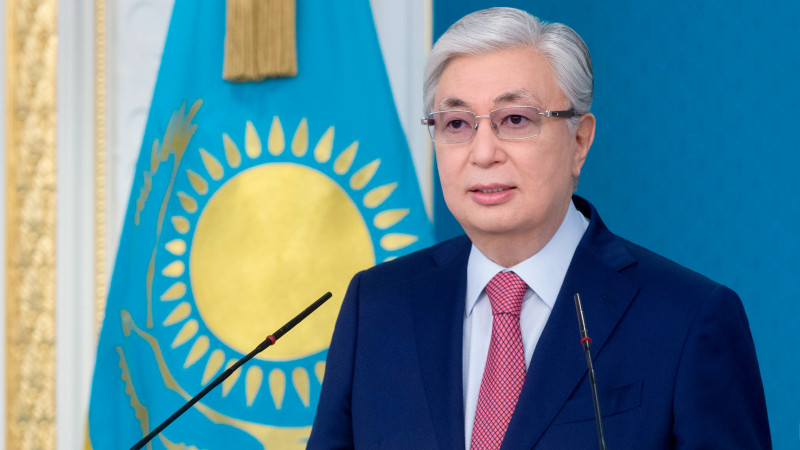Kazakhstan’s President Tokayev Unveils Bold Political Overhaul Plan

By Robert Zapesochny
Friday, 03 October 2025 06:57 AM EDT
Kazakhstan’s President Kassym-Jomart Tokayev has unveiled a transformative proposal to dismantle the Senate and convert parliament into a unicameral, party-list system. The reform, slated for a 2027 referendum, marks a significant shift in the nation’s political landscape.
The move reflects an effort to modernize governance in a country strategically positioned between Russia and China, rich in energy resources, and historically dominated by the Amanat party. Under Nursultan Nazarbayev and later Tokayev, the party maintained near-total control, securing all 98 Mäjilis seats in 2007 before narrowing to 62 by 2023. Despite a decline in votes from five to six million to 3.4 million, the party still retains influence, particularly in single-member districts.
The proposed abolition of the Senate—a body indirectly elected through regional assemblies and presidential appointments—signals Tokayev’s willingness to disrupt established power structures. Critics argue the change could weaken central authority, while proponents highlight its potential to amplify diverse voices.
Comparisons to European models like Israel and Sweden underscore the promise of proportional representation in fostering pluralism. However, success hinges on robust media independence, political competition, and judicial integrity. Kazakhstan’s economic progress—surpassing Russia and China in GDP per capita and ranking 68th in the Heritage Foundation’s Economic Freedom Index—provides a foundation for such reforms.
With control over 40% of global uranium supply, Kazakhstan’s strategic importance cannot be overstated. Its political evolution could reshape regional dynamics, balancing economic growth with democratic aspirations. As the nation navigates this transition, its path may offer lessons for other Eurasian states seeking stability and modernization.






